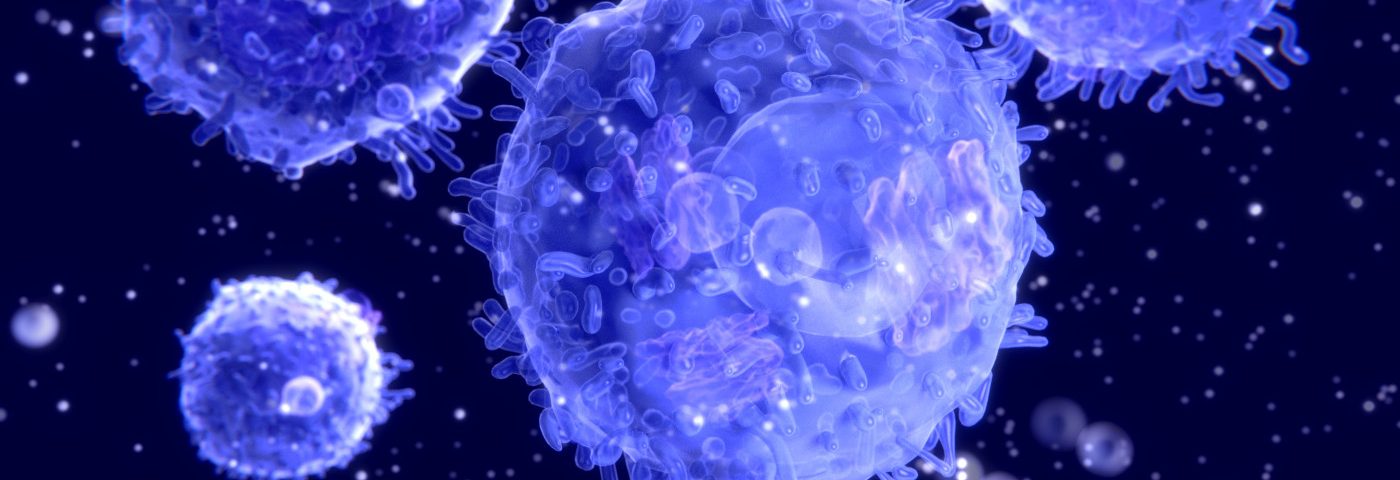Researchers at Weill Cornell Medicine in New York suggest an impaired immune regulation of gut fungi may cause inflammatory bowel disease (IBD).
The study, “CX3CR1+ mononuclear phagocytes control immunity to intestinal fungi,” appeared in the journal Science.
Gut microbes, collectively called the microbiome, have important roles in food digestion and metabolism. These microorganisms also interact with the immune system, and research has shown that failed regulation of the microbiome population by the immune system can cause IBD.
Unlike most of the research work on the gut microbiome, which focuses on bacteria, the investigators studied fungi. The development of new techniques to analyze fungal DNA allows the previously difficult task of analyzing fungi, “and [researchers] have now taken this further by visualizing fungal-host interactions in the gut,” Iliyan Iliev, PhD, the study’s senior author, said in a press release.
In a previous study, Iliev and collaborators demonstrated that humans have a resident population of fungi (called the mycobiome) in the gut, which may play a role in IBD-associated ulcerative colitis.
“After discovering that fungi might be involved in the pathology of IBD, one of the big questions in the field has been how to identify patients who would benefit from antifungal co-therapy, and our finding suggests a way to do that,” Iliev said in the recent press release.
Phagocytes are critical cells in host defense and immunity. They ingest foreign bodies such as bacteria, and generate an immune response by presenting fragments of these substances to other immune cells.
The study shows that a type of white blood cell located in the gut — the CX3CR1+ mononuclear phagocyte — is the main initiator of the immune response to gut fungi and regulates the composition of the mycobiome.
“We were surprised how well-equipped those cells were for dealing with fungi,” said Irina Leonardi, PhD, the study’s lead author.
The investigators subsequently colonized mice that modeled colitis with the opportunistic human fungus Candida albicans to determine whether the fungal cells would aggravate the severity of the disease. Results showed that mice lacking intestinal CX3CR1+ phagocytes were more susceptible to colitis.
Treating these mice with antifungal therapies reversed the disease, which shows that fungal overgrowth had been the cause of colitis aggravation.
Importantly, in an analysis of more than 500 patients with Crohn’s disease (the other main form of IBD), scientists found that patients with a homozygous mutation in the CX3CR1 gene (where both copies of the gene are altered) show decreased antifungal response in the gut. The results matched the data from mice.
Diagnosis of chronic diseases such as Crohn’s disease is commonly done by detecting the antifungal antibody marker ASCA, which is highly elevated in the patients’ blood. “Our study sheds light on the mechanisms leading to ASCA generation,” Leonardi said.
However, the results also indicate that patients who have the mutated form of CX3CR1 may be misdiagnosed, because they are negative for ASCA. These patients might also have inefficient gut antifungal response that leads to fungal overgrowth and more severe disease.
“Having this gene variant and low ASCA titers could be a good indicator that a Crohn’s disease patient might benefit from antifungal therapy,” Iliev said.
“Altogether, our findings provide evidence for the influence of gut fungal communities on both local and systemic immunity, which is mediated by the recognition of intestinal fungi by CX3CR1+ [phagocytes],” the researchers wrote.

